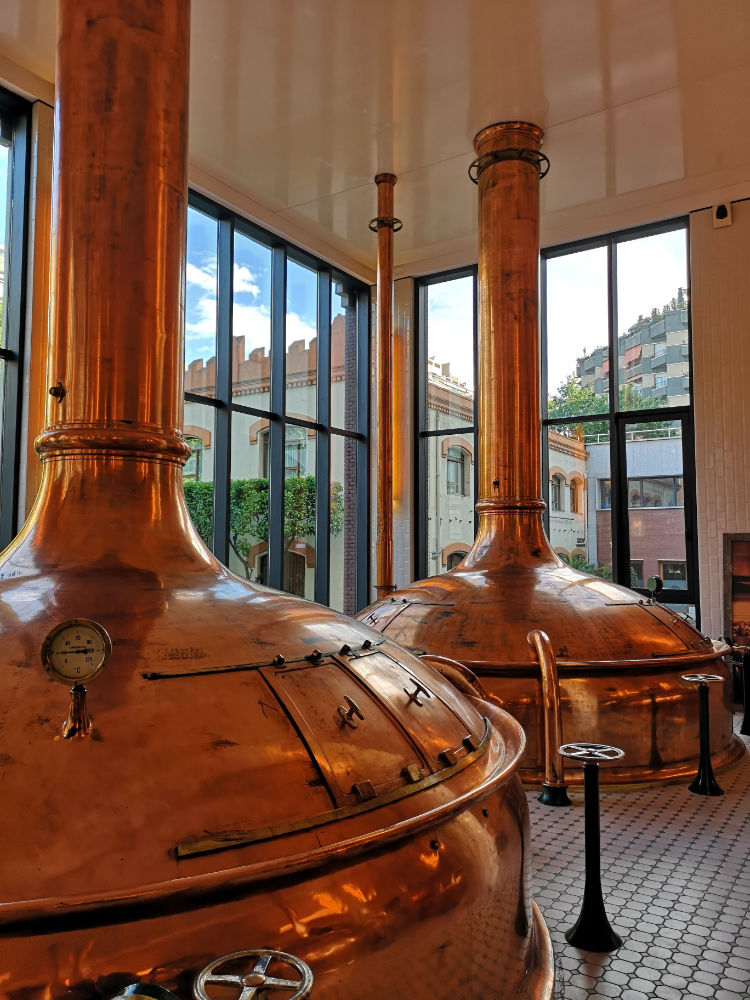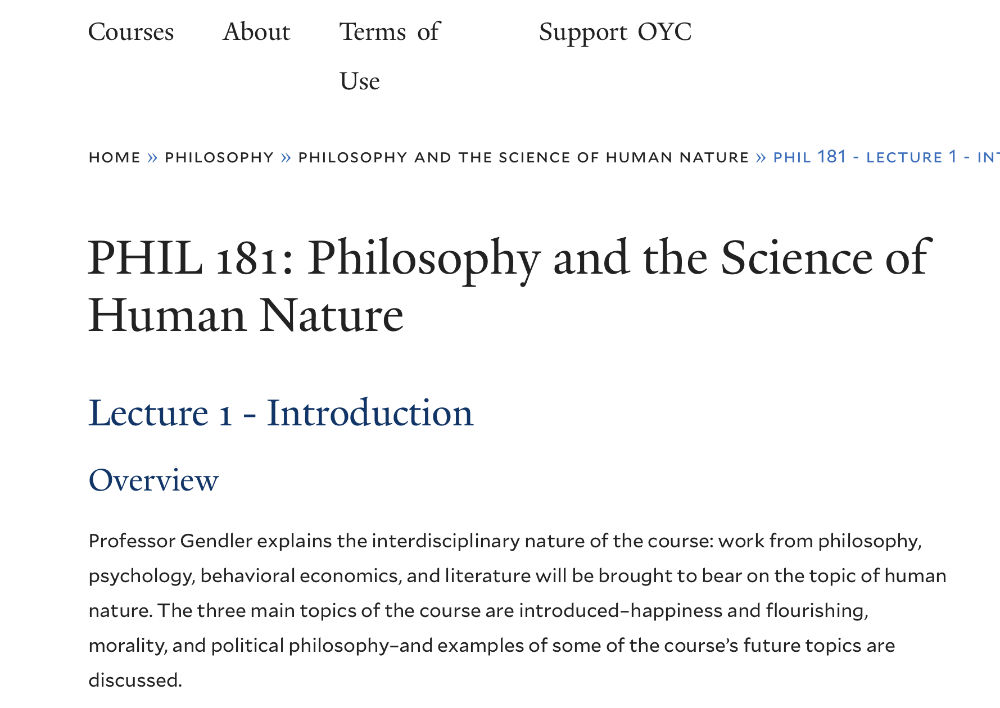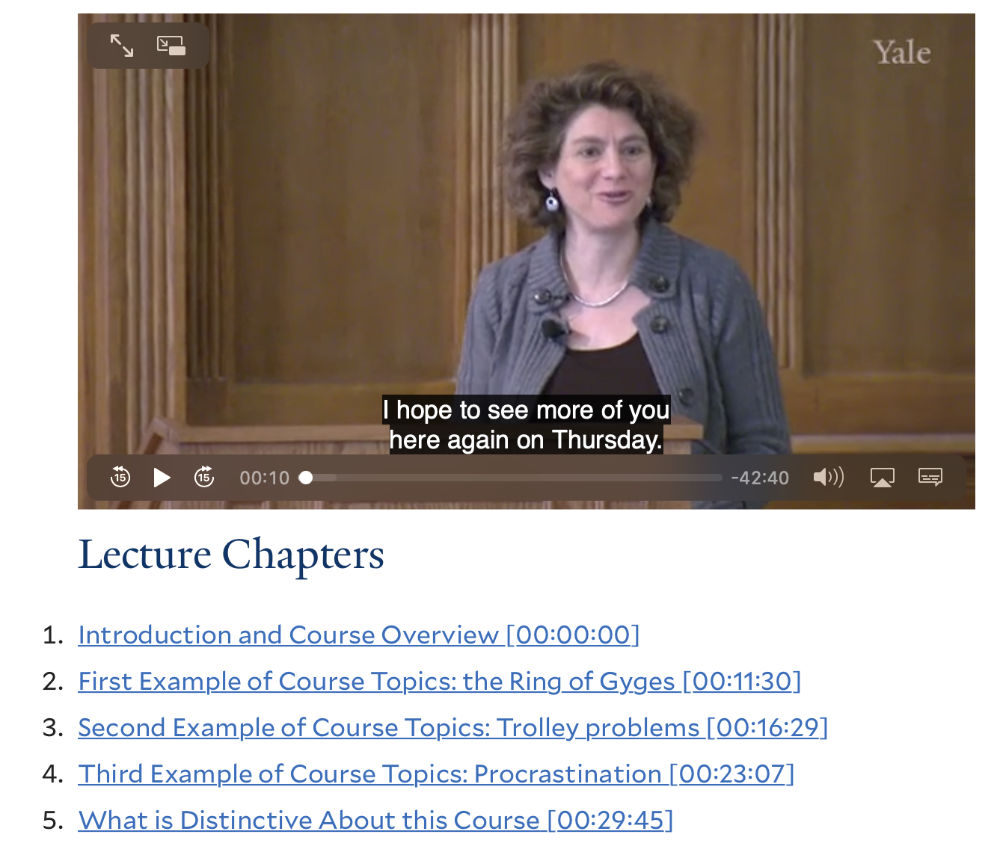Uni IV: Certificate in brewing, Leonardo da Vinci, PopPhil, and the scientific journal of booze
In this post:
Let’s talk about getting certified in brewing and the bad habits of Leonardo da Vinci, two things that are not necessarily interconnected to each other or to my interest in pop philosophy but are nonetheless fun to mix and mix up.
And so we got here, the fourth part of the series. Instead of a college degree I’m going talk about a college certificate. What is the difference? I’m not sure. I’ll look it up when I am finished writing and I’ll let you know in the comments. From were I stand right now it looks like a certificate is shorter and more expensive per unit of time spent studying but, since it’s shorter than a full college degree it ends up being cheaper overall. But not much cheaper.
I don’t really want to be talking about this, the whole thing had already lost it’s charm. That’s how ideas are, they seem so exciting at the beginning and then comes implementation and you get stuck three quaters in and don’t know how to finish or even if you want to finish. Did you know, by the way, that Leonardo Da Vinci left a whole lot of works unfinished? This according to this book that I read last year, Leonardo da Vinci by Walter Isaacson. But he was Leonardo after all and lucky in his own way. I am not Leonardo—at any rate I would be Leonarda—and my scientific training has ingrained in me the habit of finishing what I start even if I don’t want to or I don’t think that I can do it. So here is part four.
The subject of this last part of things in which I did not know you could get a college degree or certificate is Brewing, and the institution that offers this wonderful certification is the University of California in San Diego. I’m sure there are other fantastic universties in marvellous places in the world were you could get something like this, but California has always looked like a golden land of opportunity for me. You have giant redwoods and surfing, sea lions and great white sharks, and there you can study the fine art and business of making and selling booze.
The latter surprised me more than the fact that people like to surf in shark-infested waters, but it shouldn’t have. After all, brewing and its products have been a source of joy and a big traditional business for presumably a very long time.
According to the website of Columbia University School of Health, "During the COVID-19 pandemic months of March to September 2020, U.S. alcohol retail store sales increased compared to usual trends while food services and drinking places sales decreased markedly during the same period. HIGHEST VARIATION WAS A 7.5-BILLION-DOLLAR INCREASE IN LIQUOR STORE SALES BETWEEN THE FIRST THREE QUARTERS OF 2019 AND 2020.” Meanwhile, in the UK, though overall sales decreased because of lockdown measures, home consumption increased to the point of causing alarm of health experts, as reported by The Guardian.
So what could be more natural than getting a degree in something that is profitable but only if you know how to manage the circumstances?

I found all of this very interesting and was astonished to find, while reasearching this piece, something even more fascinating, the academic journal of booze. That’s right, a bonafide academic journal dedicated to alcohol. The name of the journal? Alcohol; they are not kidding. And it is not some fringe publication by the random, uninformed penny-a-liners that abound in cyberspace, but a serious journal from the recognized academic publisher Elsevier.
According to their website:
"Alcohol is an international, peer-reviewed journal that is devoted to publishing multi-disciplinary biomedical research on all aspects of the actions or effects of alcohol on the nervous system or on other organ systems. Emphasis is given to studies into the causes and consequences of alcohol abuse and alcoholism, and biomedical aspects of diagnosis, etiology, treatment or prevention of alcohol-related health effects.”
Ok, that makes sense.
I put the links for the brewing at UC San Diego at the end of the article and all the sources I used for the post for those of you who would be interested in knowing more. UC San Diego has a lot of pretty pictures and topics like pairings of beer and food on their website so I think it is worth a browsing if nothing else.
There, I finished what I started however, it would feel imcomplete if I don’t speak some more of other stuff that I found while researching this post. Thanks to Suziezeller for pointing out that Yale has some courses that one can take online for free, not for credit if you don’t officially enroll and pay for it, but good enough to satisfy the curiousity of many life long learners or just entertain you in one of those days that you find nothing better to do.
There are several of these courses, the one that caught my attention was Philosophy and the Science of Human Nature, course number PHIL 181, conducted by professor Tamar Szabó Gendler.


The course’s website states that:
"Philosophy and the Science of Human Nature pairs central texts from Western philosophical tradition (including works by Plato, Aristotle, Epictetus, Hobbes, Kant, Mill, Rawls, and Nozick) with recent findings in cognitive science and related fields. The course is structured around three intertwined sets of topics: Happiness and Flourishing; Morality and Justice; and Political Legitimacy and Social Structures.”
I have a soft spot for philosophy, popular philosophy, that is. Academic philosphy, according to that fountain of all wisdom that is Google, is defined as the study of the fundamental nature of knowledge, reality, and existence, especially when considered as an academic discipline. It has its methods, specialized vocabulary, and professional practices. A better source, or at least a more detailed and interesting one is the Department of Philosopy of Florida state University—check it out at the link in References and Resources.
When I talk about philosophy however, I do it in the vein of those great overlooked philosophers of the every day that think deeply and superficially about things and have no qualms about voicing their opinions whenever they have the chance, the masters of what I lovingly and satirically call popular philosophy or PopPhil, for short. I am one of those. Though I like my opinions to be informed and I like my information to be generally reliable, I do enjoy to extrapolate, reason, and imagine the consequences of things and how things follow from other things. And so an online course with a real Yale professor, OMG (!) how can I ever resist giving it a try? And try I did.
And so, what are the results? Well, will have to talk about it another day because right now I am running out of blogging time and it is my turn to do the dishes and make dinner. I guess that we would have to get a part V on this series. Sigh!
In the mean time, I highly recommend to watch this video because I am going to talk about it in part V and I would love for some other PopPhil enthusiasts to discuss the thing with me and of course, the discussion will be so much more satisfying if we are actually talking about the same thing.
So here you have it, brewing and philosophy, and the links to mix up a good business. Until next time, peeps!
References and Resources:
- Book about Leonardo da Vinci, a source of inspiration.
- The article in The Guardian about UK alcohol sales during the pandemic.
- Columbia University School of public health dicusses sales of alcohol in the USA during the pandemic.
- The peer-reviewed journal Alcohol.
- What is philosophy according to the website of the Department of Philosophy, Florida State University.
- A very interesting short lecture by Eugene Weber, worth a few minutes of your time.
- And trolley problems as part of the course Phil 181 at Yale. This is what I would like to discuss in my next post.
